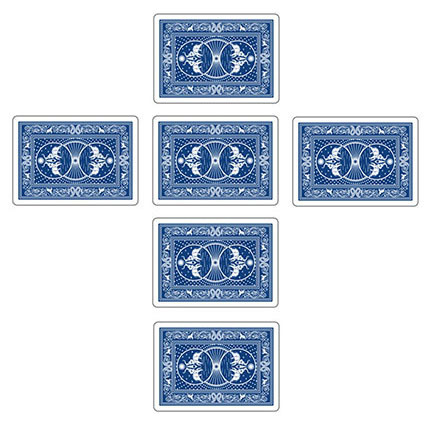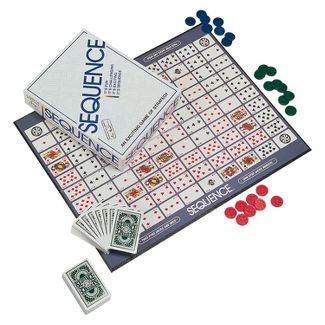When I was pregnant with Eric, I expressed concern to my social worker that the adoptive family might not be able to keep up with him, as he was bound to be a very smart kid. “You don’t know that for sure,” she said every time I raised the issue. Yes, I knew that – more or less for sure. Yogi Berra’s quote comes to mind: It ain’t bragging if you can back it up. I had my reasons for believing this: I was always at the top of my class and in various gifted programs, and Tony was the smartest person I’d ever met. Actually, that record still stands – he is still the smartest person I have ever met. Intellectually, anyway. He didn’t ace the SATs but was in the top ½ percentile. Point is, our kid was very probably going to be of above average intelligence. I’ve long thought the reason Mary tried to caution me was in case something went wrong and he was born with a disability of some sort. She needn’t have worried.
I don’t remember Eric’s Apgar score – Kathy probably knows it. But I watched that baby – maybe 15 minutes after he was born – roll himself over on the examining table. He was close to 2 when he figured out how to unlock the baby gate. And he was 2 when he told Kathy his first joke. She asked him where he’d put his socks. His response: “In the refrigerator. Ha, ha, ha!” In my January 9 post, I mentioned that he was also loading his own software on the computer at 2..
I’ve always been grateful that he attended a Montessori preschool. When he moved to a traditional grade school, the teachers had a hard time keeping him occupied. Kathy told me he would finish his assignments before everyone else. So when a child on the other side of the classroom would drop a pencil, Eric would run over to help them pick it up – he was done with his work; what else was he going to do?
At his high school graduation, his sister told us how frustrating it was that he was so good at math when she struggled with it. She’s 10 years older than Eric, but said that when she was in high school, Eric would offer to help her with her math homework. She might have been joking – but the point is taken, nonetheless.
I don’t remember exactly how long it took him to solve the Rubik’s Cube – but it was measurable in minutes, just like his birthfather. I saw a logic puzzle at a seminar one time, and to date, three people I’ve shown it to have figured out the answer: Tony and Eric were among the three. And the third person came up with an alternate answer that, while technically correct, is not the answer that is the “easiest” to spot. Here’s the puzzle:

Moving only one card, make 2 rows of 4.
Answer at the VERY end of this post.
So when Eric proposed playing a board game while my husband John and I were visiting him and his family last month, I was hesitantly enthusiastic about it. Which board game? How much logic would be involved? And how much did prior experience factor into things?
The first night we played Scattergories, a word game where each player has to name 12 objects (provided on pre-printed lists) that all begin with the same letter of the alphabet. Objects we had to name included: World Capitals, Female Celebrities, Models of Cars, Things in the Ocean, Things with Tails. If the letter for a particular turn were “A”, we might have come up with Addis Ababa (worth 2 points!), Adele, Alfa Romeo, algae, and African spider monkey as our answers. You get the idea.
This was a word game – I am a writer. Should have been a piece of cake, right? Not really – because the timer was ticking, naming some of these objects was challenging, and I was trying to outsmart a very smart kid. I’ll admit, it was an interesting source of pride when Eric and I would come up with the same answer for the same object (neither player gets credit for their answer in that case) on numerous occasions. We played three games: I won one; Eric’s girlfriend won one; and Eric won one. So we played a rubber game for the match, which I took by a hair.

The next night, we played a logic game called Sequence. Chess players may take offense, but it reminded me of chess, in that you have to watch the whole board and plan a number of steps ahead. As a result, you also have to consider what your opponents’ probable next move(s) will be. I don’t remember who won those games, but I’m pretty sure I didn’t.
Lastly, we played a game John and I had received for Christmas, called Exploding Kittens. It’s another strategy card game – ridiculous, really, as if the title weren’t enough of an indicator. I won the first game and Eric won the second. He was really excited after the second game because he felt he’d figured out the strategy, and hence, how to win. We left that game with him, assuming he’d get a lot more use out of it than we would.
One of the things that really impressed me was that this 22-year-old college senior and his friends sincerely enjoy hanging out and playing board games. Make no mistake – Eric and Meaghan spent a lot of time on their phones, too. But Meaghan also pointed out that Eric has seen surprisingly few movies. I’m guessing he was occupied with school? So you know what you do while you’re playing board games with your friends? Drink beer, of course. And you also have conversations, typically without the TV or other distractions pulling at you.

Another thing Eric and I share is a love of puzzles. He’s far surpassed me in his mastery of the jigsaw puzzle, though, having completed a 9,000-piece puzzle of the world over a recent visit home from college. He’s found the next one he wants to tackle; the challenge is finding space for it in his small Boston apartment.

Lately I’ve been playing a logic game of my own on my iPad. It contains multi-colored pairs of dots on a black background. The goal is to connect each dot to its partner, filling in the entire field. Whenever I complete one of these levels on the first attempt, I congratulate myself and think, Yeah – I can still keep up with the kid.







